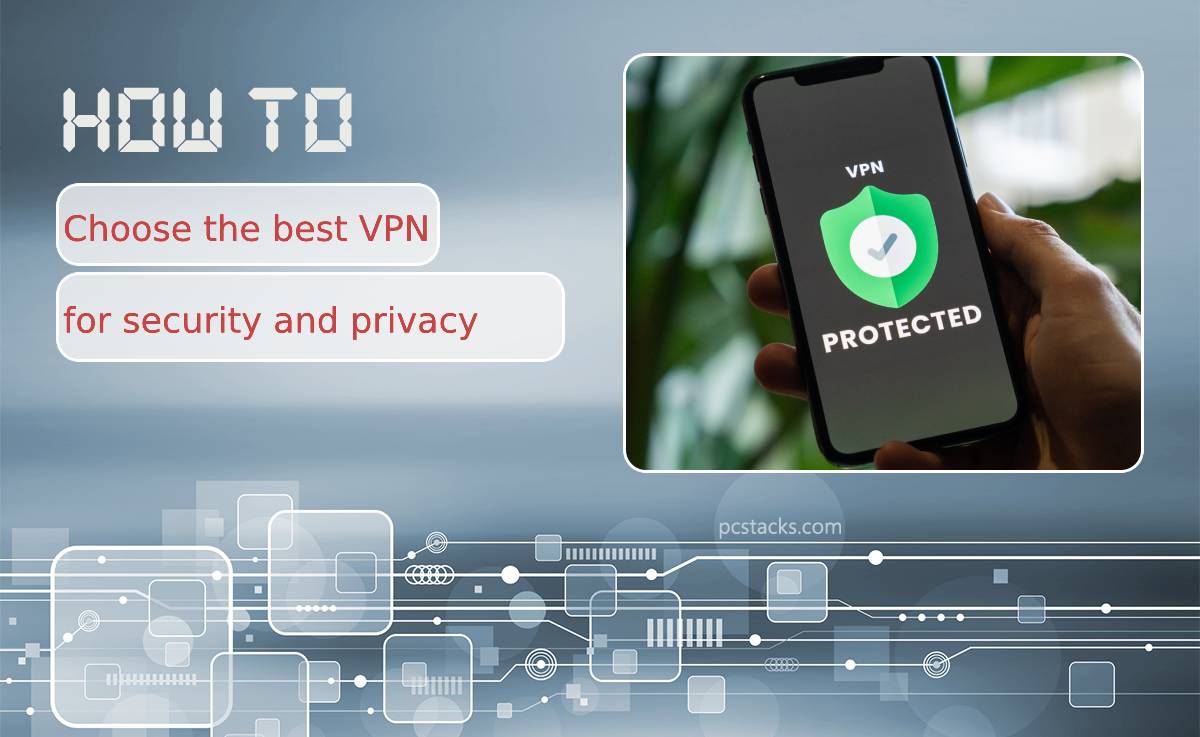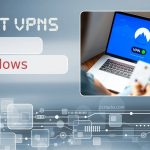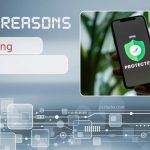Are you concerned about your online privacy and security? In today’s digital age, it’s more important than ever to protect your personal information from prying eyes. One effective way to do this is by using a Virtual Private Network (VPN). But with so many options available, how do you choose the best VPN for maximum security and privacy? In this article, we’ll take a deep dive into the world of VPNs and provide you with all the essential tips and tricks you need to make an informed decision. Get ready to unlock a whole new level of online protection!
Table of Contents
The importance of VPN for security and privacy
In today’s digital age, where online threats and vulnerabilities are seemingly endless, using a VPN (Virtual Private Network) has become essential for ensuring security and privacy. With cybercrime on the rise and governments increasingly monitoring online activities, it is crucial to take proactive measures to safeguard our personal data. A VPN provides an encrypted connection that protects your internet traffic from prying eyes and prevents hackers or surveillance agencies from intercepting your sensitive information.
One key advantage of using a VPN is its ability to mask your IP address, making it difficult for anyone to track your online activities or identify your physical location. This ensures that you can browse the internet anonymously without leaving behind any digital footprints. Additionally, a VPN creates a secure tunnel between your device and the website you are visiting, encrypting all data exchanged during the connection. This means that even if someone manages to access this data, they would only see incomprehensible jumbles of characters instead of readable content.
Moreover, with a quality VPN service, you gain access to various server locations worldwide. By connecting through different servers scattered across the globe, you can bypass geographic restrictions implemented by certain websites or streaming services. This empowers users to enjoy unrestricted access to their favorite content while preserving their privacy. Furthermore, reputable VPN providers offer features like kill switches and built-in malware protection which add an extra layer of security against malicious attacks.
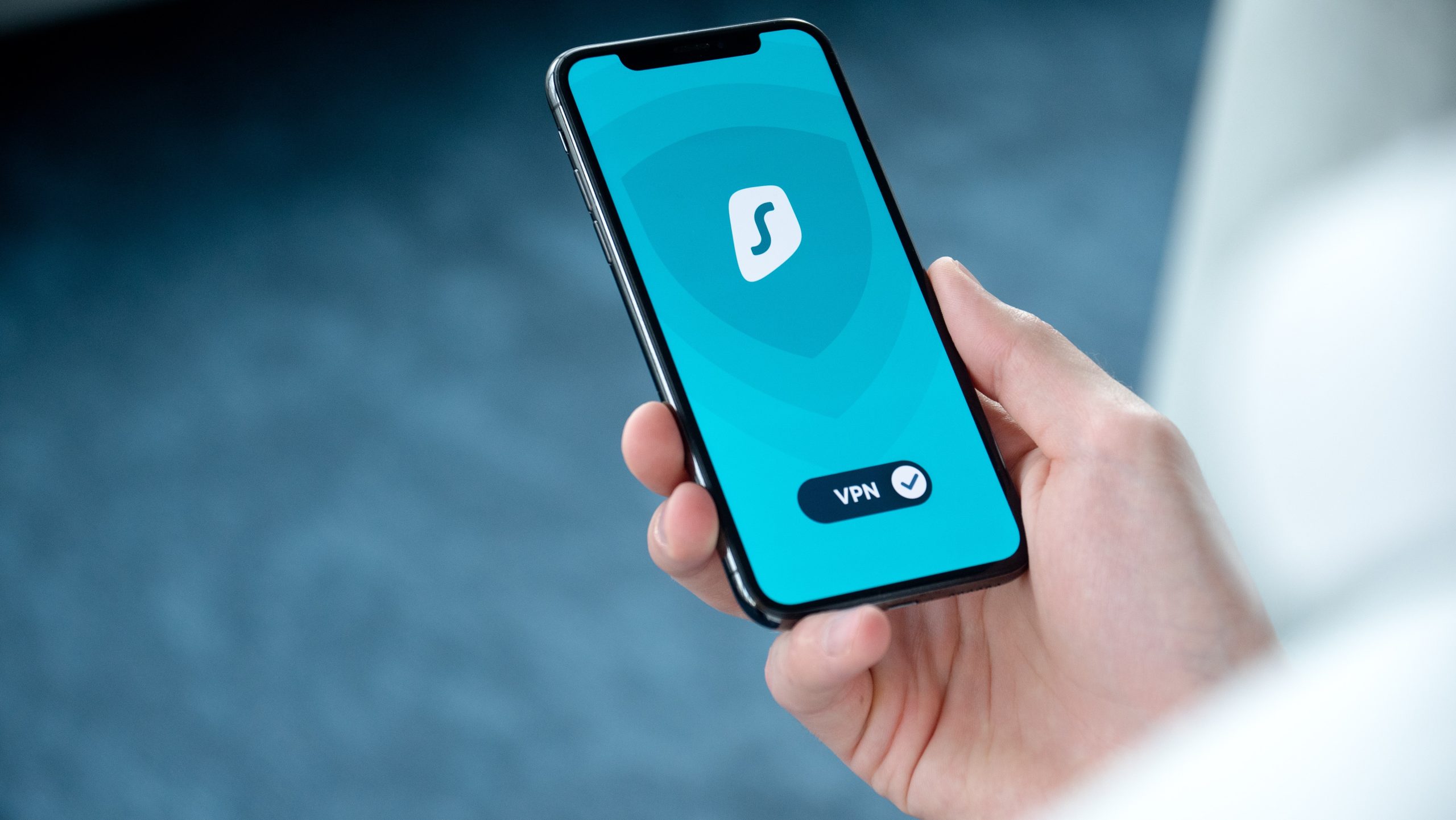
Understanding the basics of VPN technology
Understanding the basics of VPN technology is crucial when choosing the best VPN for security and privacy. At its core, a Virtual Private Network (VPN) is designed to create a secure connection between your device and the internet. It accomplishes this by routing your internet traffic through an encrypted tunnel, making it virtually impossible for hackers or anyone else to intercept or access your data.
One key aspect to understand about VPNs is their ability to mask your IP address. Your IP address is like a digital fingerprint that reveals information about your location and online activities. With a VPN, your IP address is replaced with one from the server you’re connected to, meaning you can browse the web anonymously and appear as if you are in a different location altogether.
Another important consideration when it comes to VPN technology is the type of encryption used. The strength of encryption determines how secure your data will be when transmitted across the internet. Some popular encryption protocols include OpenVPN, IKEv2, and L2TP/IPsec. A reliable VPN will offer multiple protocols for users to choose from based on their specific needs.
By understanding these fundamental aspects of VPN technology, you’ll be better equipped to choose the best VPN for both security and privacy purposes. It’s worth noting that while most quality providers offer similar features, it’s always beneficial to compare different options based on factors such as speed, server locations, customer support, and compatibility with various devices.
Factors to consider when choosing a VPN
There are several factors to consider when choosing a VPN for your security and privacy needs. One crucial aspect is the logging policy of the VPN provider. Look for a VPN that has a strict no-logs policy, meaning they do not collect or store any data about your online activities. This ensures that even if the VPN were ever compromised, there would be no user data to expose.
Another important factor to consider is the jurisdiction where the VPN provider operates. Different countries have different laws regarding data retention and surveillance, so you want to choose a VPN based in a country with strong privacy protections. Opting for providers located in countries such as Switzerland or Panama can provide an extra layer of anonymity.
Additionally, it’s essential to evaluate the speed and performance of the VPN service. A good VPN should offer fast connections without major latency issues. It’s worth considering options with multiple server locations around the world, allowing you to connect to servers closest to your physical location for better speeds. By taking these factors into account, you can make an informed decision when selecting a VPN that prioritizes both security and privacy.
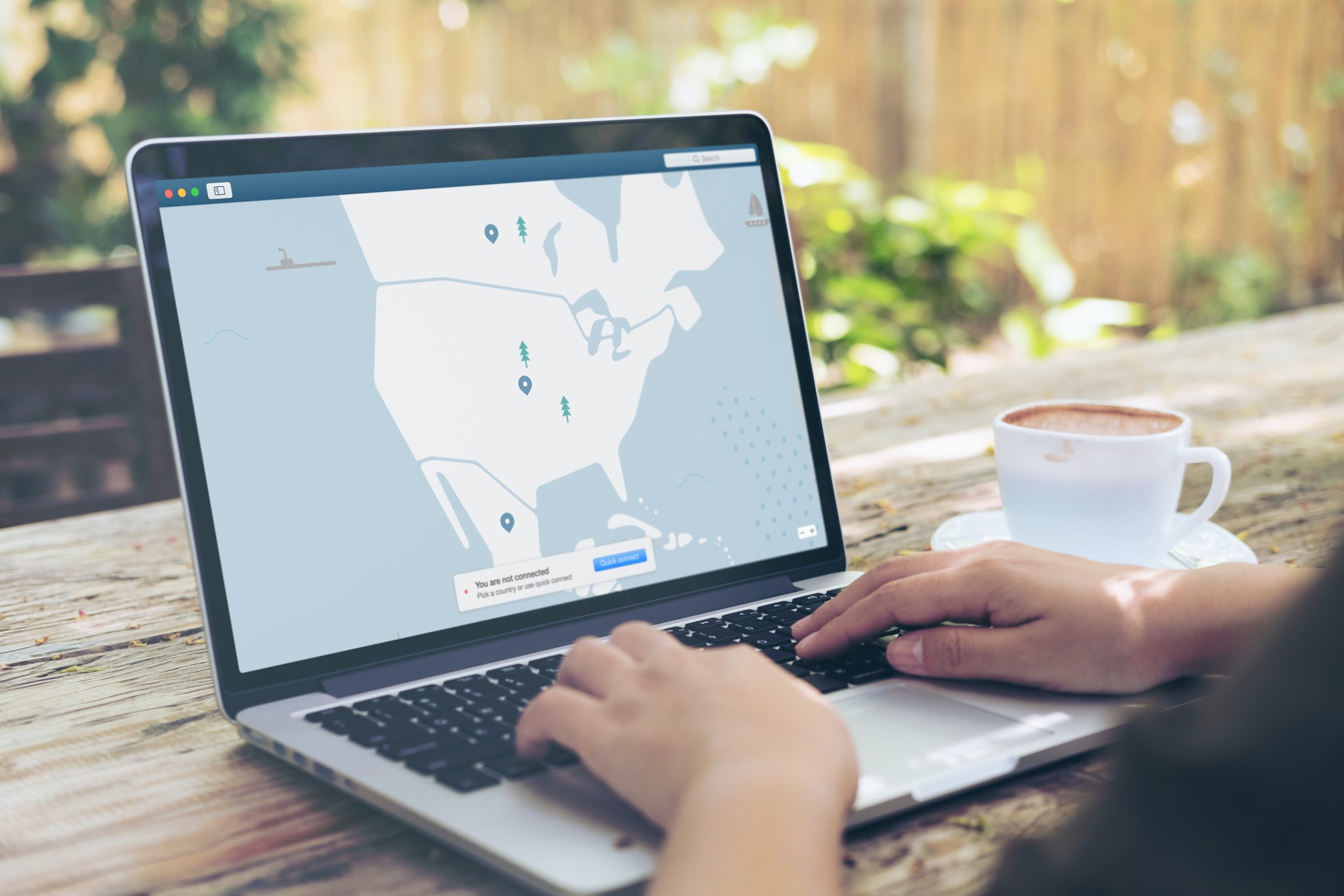
Evaluating VPN protocols and encryption standards
When evaluating VPN protocols and encryption standards, it’s essential to consider the balance between security and performance. The widely-used OpenVPN protocol is known for its robust security features, including strong encryption algorithms like AES-256. However, OpenVPN can sometimes be slower than other protocols due to its use of more complex encryption techniques. On the other hand, protocols like WireGuard offer faster speeds while maintaining a good level of security through modern cryptographic primitives.
Another aspect to examine is the strength and implementation of encryption standards used by VPN providers. It’s crucial to look for VPN services that employ state-of-the-art encryption methods on their network connections. For instance, Advanced Encryption Standard (AES) with 256-bit keys is considered highly secure and recommended for safeguarding sensitive data. Additionally, ensure that the VPN provider follows industry best practices in implementing these encryption standards effectively and does not compromise your privacy through flawed implementations or weak key management policies.
Ultimately, understanding different VPN protocols and encryption standards allows you to make an informed decision based on your needs for both security and performance. Assessing factors such as speed, compatibility with devices or platforms you’ll be using, as well as adherence to current industry-best practices will help you choose a VPN service that effectively protects your data without sacrificing user experience or compromising privacy in any way.
Assessing server network coverage and location options
When choosing a VPN for security and privacy, one crucial factor to consider is the server network coverage and location options. A VPN with a global network of servers provides greater flexibility and accessibility. It allows users to connect to servers in different countries, enabling them to access geo-restricted content and bypass censorship. Additionally, having servers spread across multiple locations enhances performance by minimizing latency and providing faster connection speeds.
Another aspect to assess is the server locations offered by the VPN provider. The more locations available, the better chance you have of finding a server near your physical location. This can help improve speed and reduce lag when using the VPN service. Moreover, server locations in countries with strict privacy laws can offer an additional layer of assurance for your online activities.
Furthermore, it’s important to evaluate the number of servers available in each location. Higher numbers typically indicate higher capacity and increased chances of finding a less crowded server for optimal performance. Pay attention not only to popular regions but also lesser-known ones that may be beneficial for specific purposes like evading surveillance or accessing region-locked services.
In conclusion, assessing server network coverage and location options plays a vital role in selecting an appropriate VPN for security and privacy needs. A diverse global network with plentiful servers in various locations ensures accessibility, improves performance, boosts anonymity, and expands possibilities for bypassing restrictions. Make sure you take these factors into account when choosing the best VPN service for your online protection and freedom.
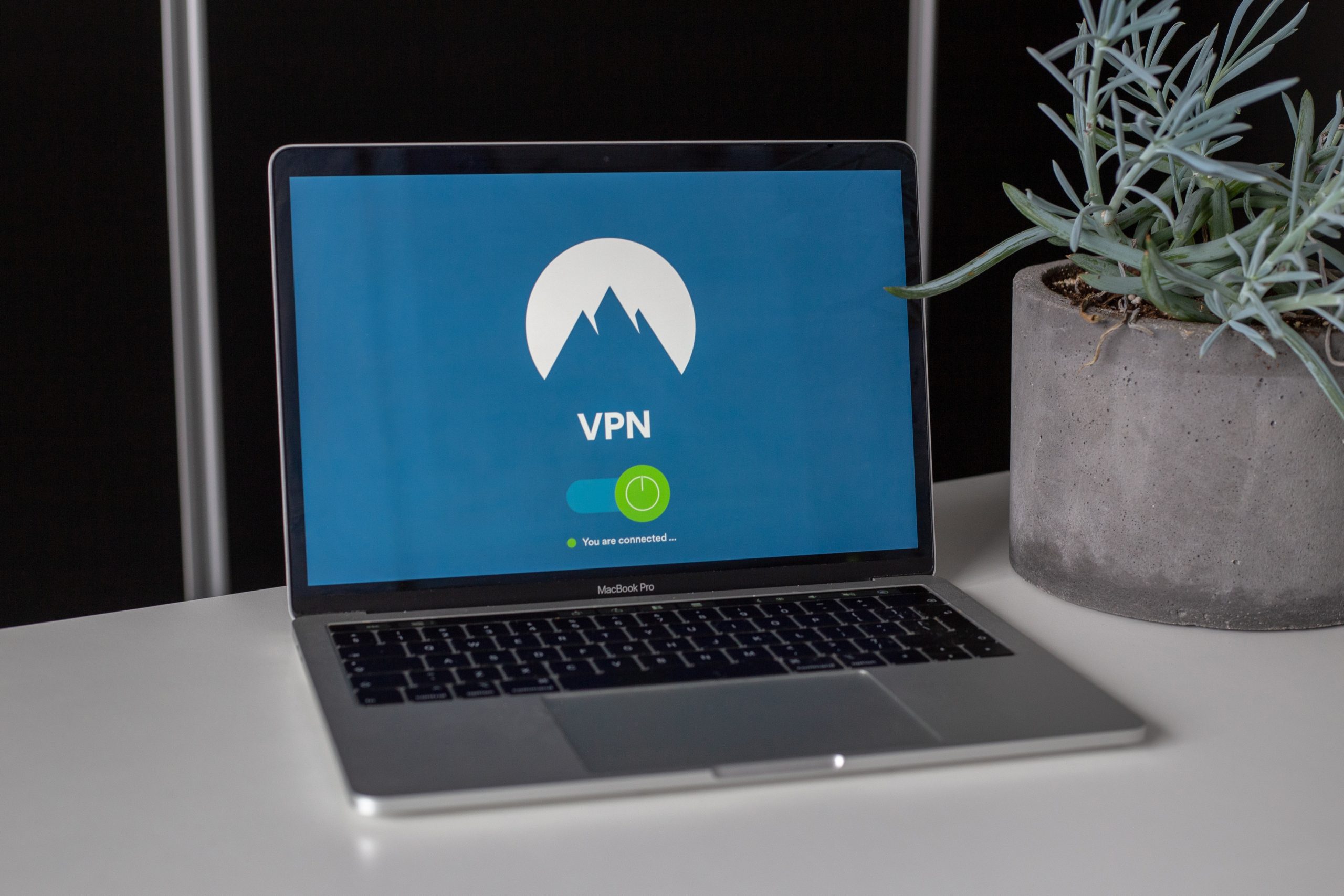
Considering logging policies and jurisdiction
When choosing a VPN for security and privacy, it’s crucial to consider the provider’s logging policies and jurisdiction. Logging refers to the collection of user data by the VPN service provider, which can include browsing history, IP addresses, and DNS queries. A no-logs policy is ideal as it means that the provider does not keep any records of your online activities. However, it’s important to dig deeper and research whether the VPN company has been audited or undergone independent security assessments to truly ensure their claims.
Additionally, jurisdiction plays a significant role in determining how private and secure your connection will be. Different countries have different data retention laws and privacy regulations. Opting for a VPN located in a country with strong data protection legislation can offer more reassurance that your personal information won’t be easily accessible by third parties or government agencies. It’s wise to look for providers based outside of Five Eyes jurisdictions (Australia, Canada, New Zealand, United Kingdom, United States) as they have intelligence-sharing agreements that may compromise privacy rights.
Taking these factors into account when selecting a VPN greatly enhances your ability to maintain confidentiality online while protecting yourself from potential surveillance or unwanted data collection practices. By conducting thorough research on logging policies and jurisdictional considerations, you can make an informed decision about which VPN will best suit your security and privacy needs. Remember that not all providers are equal in terms of transparency and commitment to user privacy – so it pays off to be diligent in this aspect of choosing a VPN.
Comparing pricing plans and customer support services
When choosing the best VPN for security and privacy, it’s important to not only consider the features and performance but also the pricing plans and customer support services offered. Price can vary significantly among different VPN providers, so comparing pricing plans is essential to finding one that fits your budget. Some providers offer subscription options with different durations, allowing you to choose between monthly, yearly, or even multi-year plans. It’s worth noting that while longer-duration plans often come with a lower monthly cost, they require a larger upfront payment.
Customer support is another crucial aspect to consider when selecting a VPN provider. In an ideal scenario, you would never encounter any issues or difficulties with your VPN connection. However, in reality, technical glitches or questions may arise. In these instances, having access to responsive and knowledgeable customer support is invaluable. Look for providers that offer various channels of communication such as live chat or email support 24/7. It’s also worth checking if they have helpful resources like FAQs or troubleshooting guides on their website – this can greatly assist you in resolving common issues without needing direct assistance.
In conclusion, when searching for the best VPN for security and privacy protection, evaluating pricing plans and customer support services alongside features and performance is crucially important. Assessing different pricing options will help align your budgetary needs with available offerings while ensuring reliable customer support can prevent frustration should any problems occur along the way.
Conclusion: Making an informed decision for online protection
In conclusion, when it comes to making an informed decision for online protection, choosing the right VPN is crucial. With cyber threats becoming increasingly sophisticated and privacy concerns growing by the day, it is essential to have a reliable and secure tool safeguarding your digital presence. While there are numerous VPN options available in the market, not all offer the same level of security and privacy features. Therefore, taking the time to thoroughly research and compare different VPN providers will enable you to make a well-informed decision.
One important aspect to consider is encryption protocol. The strength of encryption used by a VPN service plays a significant role in protecting your data from prying eyes. Advanced protocols like OpenVPN or WireGuard should be preferred over outdated alternatives such as PPTP or L2TP. Additionally, examining the logging policies of different providers is vital in ensuring your online activities aren’t being stored or handed over to third parties. Opting for a VPN with a strict no-logs policy can provide peace of mind that your information remains confidential.
Moreover, considering additional security features such as ad-blocking and malware protection can further enhance your online protection. These features help to block malicious content on websites and prevent ads from tracking your online behavior, providing an added layer of defense against potential threats. Furthermore, compatibility with multiple devices and servers located around the world should also be considered when selecting a VPN provider; this allows for flexibility in accessing geo-restricted content while maintaining online security regardless of where you are.

